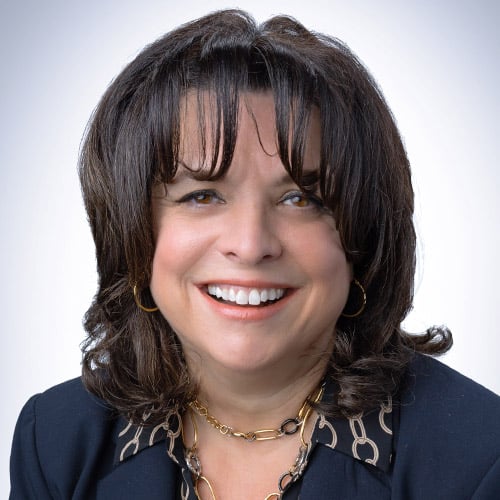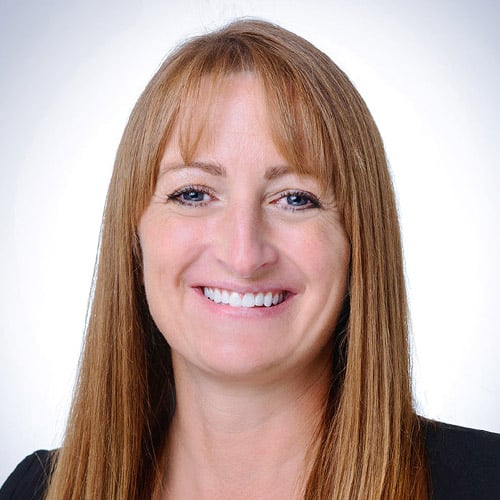Handling emergencies at every stage of life
A conversation with two Johnson Financial Group advisors
This article concludes a four-part conversation with Johnson Financial Group advisors Kelly Mould and Melissa Olson. The first part focused on planning’s potential to lessen anxiety; the second part addressed some broad retirement themes; and the third part zeroed in on what it means to really take ownership of your financial plan.
Here, Kelly and Melissa wrap up the conversation with a discussion about preparing for and dealing with inevitable challenge.
Kelly: The one thing we know for certain about difficult situations is that none of us go through life without some unanticipated challenge impacting us financially. There are things you plan for—such as college and retirement—and then there are the things you don’t plan for. As I like to say, even psychic mediums have insurance.
It’s prudent to have a financial plan flexible enough that you can adjust as life happens.
Melissa: Having a plan in place—not waiting until catastrophe strikes—gives a person more confidence through every stage of life. For a young homeowner, the hit to the budget from an unexpected house problem can be staggering. For parents, common fears surround children’s medical needs and anything that might take a parent out of the workforce for a while, whether that’s illness, injury or caring for an older adult.
Then of course there’s divorce and the challenges of starting over, which is something I can definitely relate to.
Kelly: That greater confidence Melissa mentioned comes partly thanks to the plan itself and partly thanks to having everything in order, which is what happens through the planning process. I tell people don’t wait until you’re going on an African safari to do your estate planning. You’re more likely to run into trouble at home than to be eaten by a lion.
That sounds silly, but people often need to get past a subtle kind of reluctance to estate planning—that doing it too early might somehow be unlucky. If that’s you, know you’re not alone in having those thoughts.
Letting a financial advisor into your fears—as well as your hopes and dreams—can be a little disconcerting. But it’s far preferable to waiting for tragedy to strike to shift into gear. When the unthinkable happens, it is reassuring to know where you stand and that trusted people are ready to help you.
Melissa: I suspect many people are even more reluctant to have certain conversations with their financial advisors than they are to go to the dentist. They don’t want to have to talk about things they haven’t done consistently, like setting aside funds for emergency use. But as with the dentist, it’s better to go sooner than later and to address any issues you may have and start working on building new and sustainable habits. So many of us have to take stock of where we are and rebuild from there, and an advisor can help you identify specific strategies—from budgeting to insurance—and which to prioritize first.
Kelly: Ultimately, unless someone dies young, there will come a time when you have to face what’s not working in your financial plan. The young homeowners Melissa mentioned might struggle if the plumbing goes out, but they have many years to get things on track—whereas people approaching retirement may have less debt but more medical needs. To protect yourself along the way, don’t wait to learn good habits. Start right now. And definitely don’t wait until you’re facing retirement to try to pull it all together.
Melissa: Confidence to deal with emergencies doesn’t come in a day, but often the hardest part is making the first call. A financial advisor is a good place to start. Ultimately, you’ll want someone in each of what I call the “big five” roles: financial advisor/planning, banker, lawyer, accountant and personal representative (as with a power of attorney or healthcare directive).
And if you’re working on these things together with a spouse, be sure to stay aware. More than anything else, be sure you personally know the people on your team. Confidence comes from having a plan and knowing there are skillful people ready to help.
ABOUT THE AUTHORS

SVP Wealth Fiduciary Advisor | Johnson Financial Group
As Senior Vice President, Wealth Fiduciary Advisor, Kelly develops long-term relationships and provides comprehensive wealth solutions to her clients. She oversees and manages a knowledgeable team of wealth professionals in the Racine and Kenosha area.

Officer Wealth RPS Participant Education Specialist | Johnson Financial Group
As a Wealth RPS Education Specialist, Melissa serves as the education coordinator for Johnson Financial Group’s Retirement Planning Services (RPS) team.





